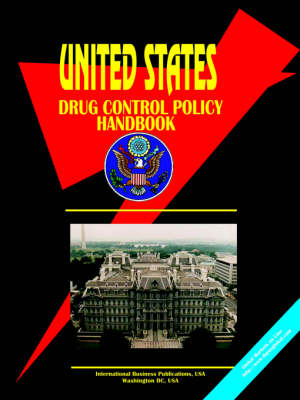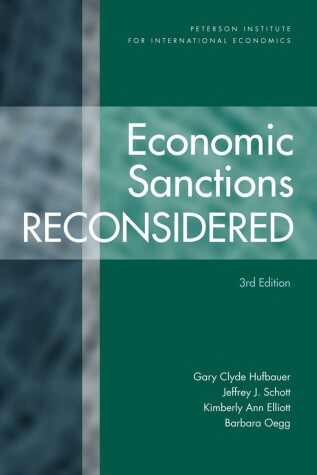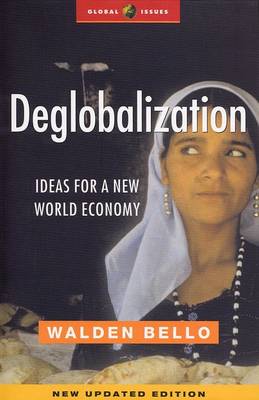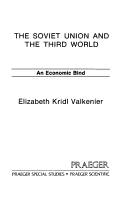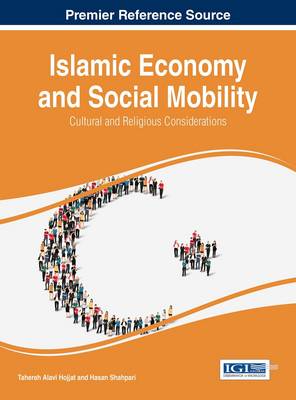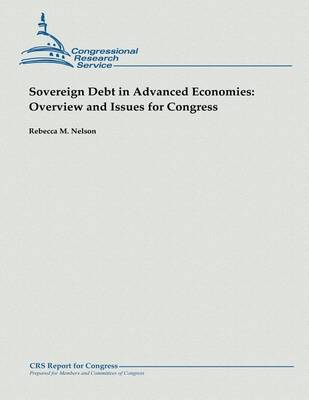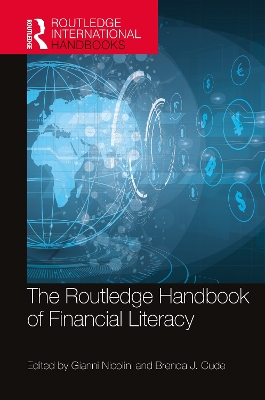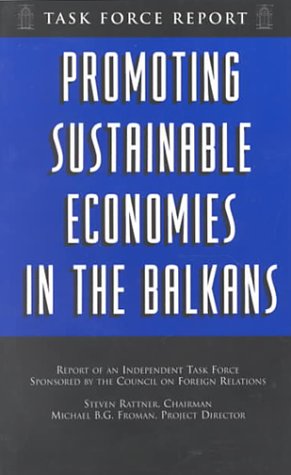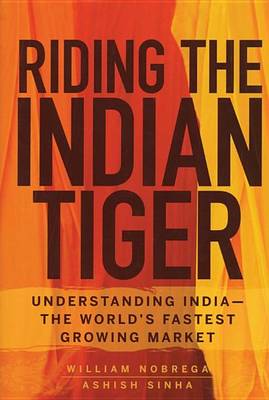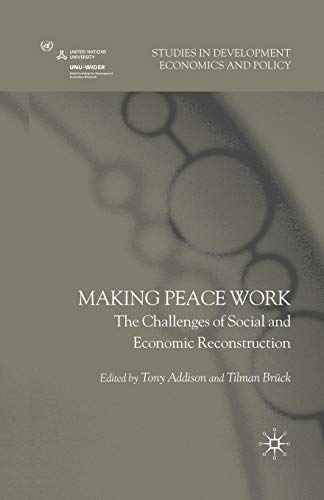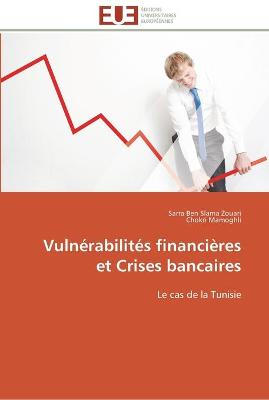The Organisation of Employment (Management, Work & Organisations)
by Jill Rubery, Senior Lecturer in Employment Studies Manchester Business School Damian Grimshaw, and Arjan Keizer
The Organisation of Employmentexplores the diversity in the organisation of employment among advanced industrial societies. It focuses on the implications of distinctive employment systems for international competitiveness, organisational performance and social divisions and considers the impact of globalisation on the sustainability of such diversity. Ideal for final year undergraduate and postgraduate students of international business and human resource management, The Organisation of Employ...
A Critical Rewriting of Global Political Economy (RIPE Series in Global Political Economy)
by V. Spike Peterson
Moving beyond a narrow definition of economics, this pioneering book advances our knowledge of global political economy and how we might critically respond to it. V. Spike Peterson clearly shows how two key features of the global economy increasingly determine everyday lives worldwide. The first is explosive growth in financial markets that shape business decision-making and public policy-making, and the second is dramatic growth in informal and flexible work arrangements that shape income-gene...
Economic Sanctions Reconsidered
by Gary Clyde Hufbauer, Jeffrey J. Schott, and Kimberly Ann Elliott
Now available directly from: IIE11 Dupont Circle, NWWashington, DC 20036Tel: (202) 328-9000Economic sanctions have become an increasingly central tool of United States foreign policy. Recently, doubts have been raised-both at home and abroad-as to whether sanctions are effective in meeting their avowed foreign policy objectives, or even their domestic policy goals. These concerns, influenced primarily by recent experience with the Soviet grain embargo and pipeline sanctions, have rekindled congr...
In 2002, years before the financial crash and the onslaught of austerity measures the world over, Walden Bello argued that we were entering a historical maelstrom marked by prolonged economic crisis, the re-emergence of imperialist contradictions and the spread of global resistance. In short, the neoliberal, globalist project was in crisis. A decade later, the question of how to manage the global economy - and, more fundamentally, whether humanity wishes it to go in an ever more market-oriented,...
The Impact of Legislation and Regulation on the Freedom of Movement of Capital in Estonia, Poland and Latvia
by Baber Graeme
The Trade in Sharks and Shark Products in the Western Indian and Southeast Atlantic Oceans
Advances in Doctoral Research in Management (Advances In Doctoral Research In Management, #1)
Within the academic realm, doctoral research plays a vital role in the advancement of knowledge. In areas ranging from strategy and international business to marketing, finance and operations management, the contributions in this volume represent the very best in doctoral research in the field of management worldwide.This first book in the Advances in Doctoral Research in Management series includes both doctoral research papers and a section on doctoral research notes consisting of shorter versi...
Finance & Development, December 2008
by International Monetary International Monetary Fund
Life Insurance in Asia (Wiley Finance)
by Stephan Binder and Joseph Luc Ngai
The Asian life insurance industry is truly entering an inflection point. Coming off massive growth from the past several years, the industry has suffered greatly, along with the rest of the financial industry, in the 2008 financial crisis. Most life insurers across Asia have lost tremendous value in the wake of the crisis; a few are in significant distress. It is important not to lose sight of the longer-term outlook though: fueled by macroeconomic factors such as the emergence of the middle cla...
Assessing Financial Vulnerability
by Morris Goldstein, Graciela Kaminsky, and Carmen Reinhart
The Routledge Handbook of Financial Literacy (Routledge International Handbooks)
This volume is edited by internationally recognized experts and comprises contributions from a unique mix of academics and practitioners, from around the world, and experts in their respective fields. Provides a definitive, up-to-date overview of the broad range of issues surrounding financial literacy. A comprehensive state-of-the-art reference, offering exceptional coverage and multiple perspectives on the current state of knowledge, the milestones of the research field and future developments...
Towards 1992
Addressing the question everyone asks about economic sanctions this book specially commissioned by the Australian Government, presents an argument for why financial sanctions are needed to compel change in South Africa. It explains the interplay between international finance and the social and economic structures of Apartheid. It demonstrates how the social policies of the regime of South Africa have brought the economy of the country to crisis point and to a situation which cannot be resolved w...
Promoting Sustainable Economies in the Balkans
This report explains that economic reconstruction alone will not be sufficient to bring long-term peace and stability to the Balkan region, although raising living standards could foster sustainable economic growth and reduce political tensions.
In 2008, India will likely overtake China as the world's fastest growing economy and become one of the largest economies globally. Foreign investment is increasing dramatically and business opportunities abound for those who know how to find them. With a growing middle class and booming markets, India holds much promise for investors. Riding the Indian Tiger shows you how to get in on the ground floor and profit from India's economic boom.
Making Peace Work (Studies in Development Economics and Policy)
This book provides an insight into some of the main issues that arise in post-conflict economic and social reconstruction, and offers examples of what works, and what does not. It will be of interest to all working on economic and social reconstruction in post-conflict countries, as well as those working on peace and development.
Attempts to theorize contemporary globalization rarely stray beyond variations on old themes of superordination versus subordination. Yet there are many new definers of our present global reality - depletion of strategic resources, degradation of our environment, counter-offensives against modern patterns of thought and action - which suggest that a new framework of global relations is needed. Nelson Keith challenges the presumptions upon which Western notions of the world have rested, and soun...
Vulnerabilites financieres et crises bancaires (Omn.Univ.Europ.)
by Collectif
